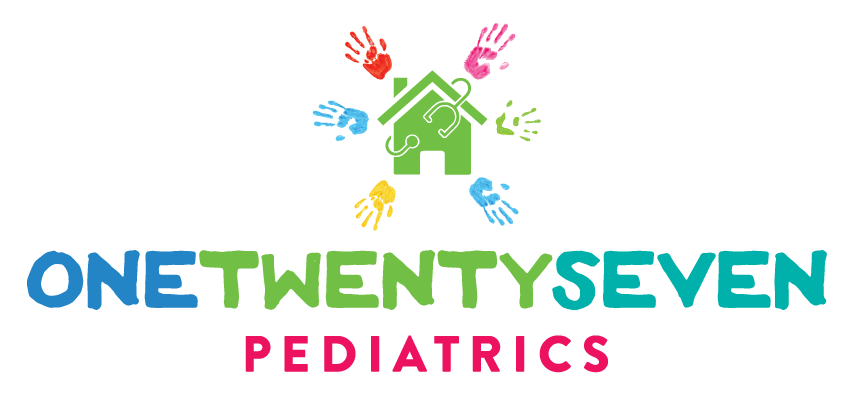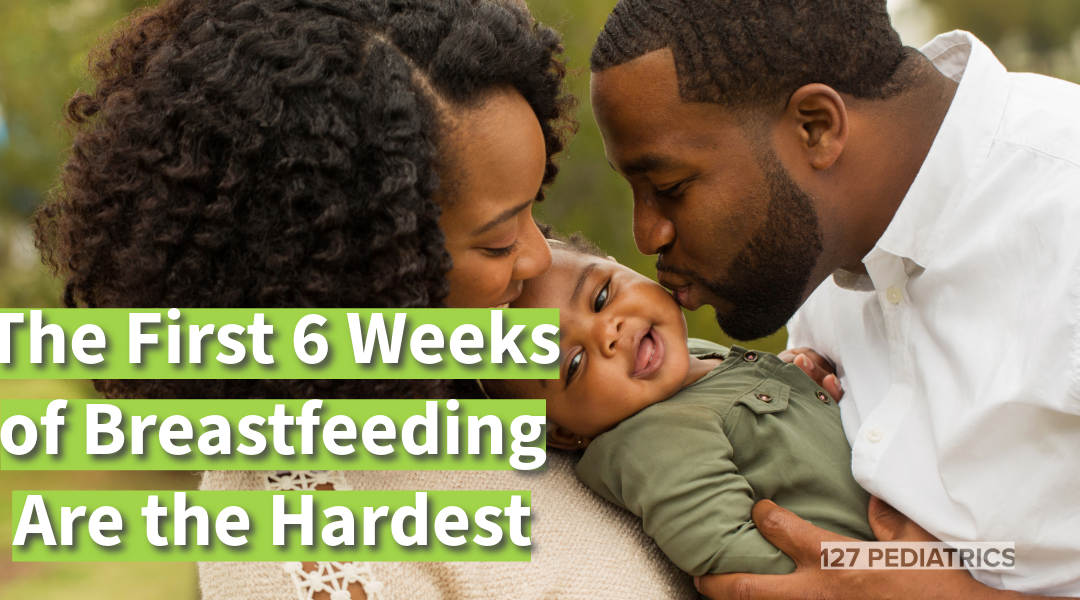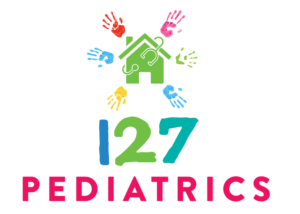The first six weeks of breastfeeding are the hardest.
When I was a new mother, I experienced this for myself. I spent the majority of the first 6 weeks of my baby’s life trying to get her to breastfeed. She refused to latch and spent most of that time crying and losing weight. My knowledge of breastfeeding was not as stellar then as it is now. In those moments, I felt helpless and alone.
Eventually, for most breastfeeding mothers, things get easier beyond the 6 week mark. Your baby may be in the throws of purple crying or colic during this time, but your breastfeeding relationship should drastically improve around 6 weeks postpartum.
In this article, we will look closer at the early challenges, how lactation works and what you should do if it doesn’t get easier.
What Makes The Early Days Hard?
Breastfeeding is like learning to ride a bike or any other new skill. Just like those things require instruction and practice, so does breastfeeding. Both you and your baby are trying to learn this new skill at the same time. Even if you have breastfed before or learned about breastfeeding ahead of time, your baby does not have any experience. While it seems like a natural skill that babies should just know how to do, it does not work that way. Some babies get the hang of things early on, while others take time to learn and get stronger.
Another difficult experience in the early days is engorgement. Full and swollen breasts can be overwhelming for new mothers in the early days of breastfeeding. Many describe the feeling of fullness and the baby’s inability to extract milk as stressful. This is especially true when combined with post-birth recovery and lack of sleep. Thankfully, engorgement generally improves within 48 hours of onset, but those hours seem to drag on for overwhelmed mothers.
Additionally, sore nipples can pose discomfort in the early days of breastfeeding. Whether it is due to getting used to using your nipples in this new way or struggling with a poorly latching baby, sore nipples are not a walk in the park. Generally, this pain resolves with time and attention to the cause.
Lastly, getting milk from the boob to the baby is not as simple as it seems. In theory, the breast produces the milk, and the baby consumes it. However, transferring milk from the breast can prove to be challenging for some babies. Reasons for this problem can range from nipple/mouth size mismatch to tongue tie to a preterm or early term baby who is just not strong enough yet to transfer milk.
Understand basics of breast milk production
Breastfeeding during the colostrum phase might make you wonder if your newborn is really getting anything from your breast. As time goes on, your milk changes:
- First Milk is Colostrum and colostrum is magical
- Second Milk is transitional milk – part colostrum/ part mature milk
- Next Milk is mature milk
This process takes place over the first two weeks of your breastfeeding journey.
- Day 1-3: Colostrum- small amounts, about 5-10 ml (a teaspoon or two) every few hours
- Day 3-5: Your milk increases in volume or “comes In.”
- Day 5-7: Engorgement occurs until your breasts figure out how to regulate the supply to your baby’s needs.
As your milk supply kicks in, your baby receives larger quantities of breast milk. Theoretically, this should result in a content and satisfied baby. Yet, it frequently translates into a phase of cluster feeding. Babies often hit a growth spurt at this time. During these days, your breast milk production should naturally adjust to meet your baby’s requirements. It’s essential to feed your baby whenever they show signs of hunger. This allows your breasts to produce the right amount of milk for your baby.
The Days are Long, but the Years are Short
The initial week of breastfeeding poses significant challenges for both mothers and babies alike. It might seem like an endless cycle of feedings, diaper changes and cat naps during these first few weeks. Additionally, several other factors contribute to the difficulty of this period:
- Adjusting to a new routine
- Learning effective breastfeeding techniques for both parties
- Exhaustion from frequent feedings, often occurring every 1-3 hours
- Sleep deprivation and mental fatigue which can lead to self doubt and the desire to quit
Hang in there; you’ll begin to notice a considerable difference after the first week and again after the second. Generally, by the sixth week post-birth, you and your baby will settle into a more comfortable pattern of feedings, diaper changes, and sleep.
Your Breast Size Will Change
You’ll experience a noticeable increase in breast size, first during pregnancy and then when your milk comes in. While your milk production adjusts to your baby’s needs, your breasts will remain substantial but not as prominently enlarged. In the initial hours after birth, your breasts produce small amounts of colostrum. As the milk volume rises, so does your breast size. Before feeding, your breasts should feel full, and afterward, they become softer.
In the subsequent weeks of breastfeeding, you might observe that your breasts don’t feel as full or appear as visibly enlarged. This is a normal occurrence. As your breasts become attuned to your baby’s needs, your body becomes more adept at accommodating the milk volume.
Why is the 6 Week Mark so Magical?
Take a moment to breathe, mama. You’ve navigated through some of the toughest yet most fulfilling weeks of your life. Now, you’ve reached the six-week postpartum milestone.
Breastfeeding becomes notably easier after six weeks for several reasons:
- Your milk supply is well-established.
- Feedings become more consistent and predictable.
- The baby is stronger and more efficient at the breast.
- Nursing sessions become less time consuming.
- You are confident and experienced.
- Things start feeling more natural and less stressful.
Congratulations! You and your baby have conquered the initial challenges and mastered the breastfeeding process. Your baby’s enhanced ability to latch and suck effectively reduces your pain and frustration. You’ve become more adaptable and responsive to your baby’s feeding cues.
What happens if it never becomes easier?
Breastfeeding is a wonderful and joyous time for a lot of mothers, but a terrible and awful time for a lot of others. This is especially true in the first few weeks after birth, but can continue beyond six weeks of life as well.
If you continue to have unresolved breastfeeding problems and you have sought the advice from health professionals and lactation specialists, then you may need to reconsider your definition of successful breastfeeding. In some cases, despite seeking help and trying various techniques, breastfeeding may still cause significant stress or anxiety for the mother.
While I am a breastfeeding advocate, I am also a mother advocate. If breastfeeding is stressing you out to the point where you can’t enjoy your baby or anything else in life, it may be time to quit. Often, I counsel mothers to not quit on their hardest day or give up breastfeeding before reaching the 6 week mark.
If you are there and still unhappy, it is okay to formula-feed or combination feed your baby. Thankfully, we live in a country where there are safe alternative feeding options available for babies. Your health care professional can advise you about formula feeding options or how to give both breast milk and formula feeds to your new baby. If you have some amount of a milk supply, I would encourage you to inclusively feed if it is not too stressful for you. Your baby can get as little as an ounce of breast milk per day and still benefit from it.
Ultimately, the important thing to consider is that you as the mom are an important part of this equation. If breastfeeding is causing you more harm than good, it is time to move on. You or your baby’s primary care provider can help you to navigate this transition.
How Can 127 Pediatrics Help You?
At 127 Pediatrics, we offer concierge level pediatric and breastfeeding care. If you are near Colleyville, Texas and would like to know more about our in person services, fill out a contact form on our website for a free meet and greet. If you are not close to our practice, but would like breastfeeding support, we offer an array of services. From free resources like this blog or our YouTube channel all the way up to paid resources such as our online breastfeeding overview course. We would be honored to be part of your breastfeeding journey.
© 127 Pediatrics, January 2024
Please note that this article is purely for informational purposes and should not be interpreted as medical advice.

Dr. Andrea Wadley owns and operates 127 Pediatrics, a pediatric and lactation practice in Colleyville, TX. She specializes in pediatrics, breastfeeding medicine and offers house calls only. Additionally, Dr. Wadley is the owner of the 127 Pediatrics Online Breastfeeding Medicine and Education Center. We have many free resources for breastfeeding mothers. Subscribe to our YouTube channel or download a free breastfeeding checklist.


